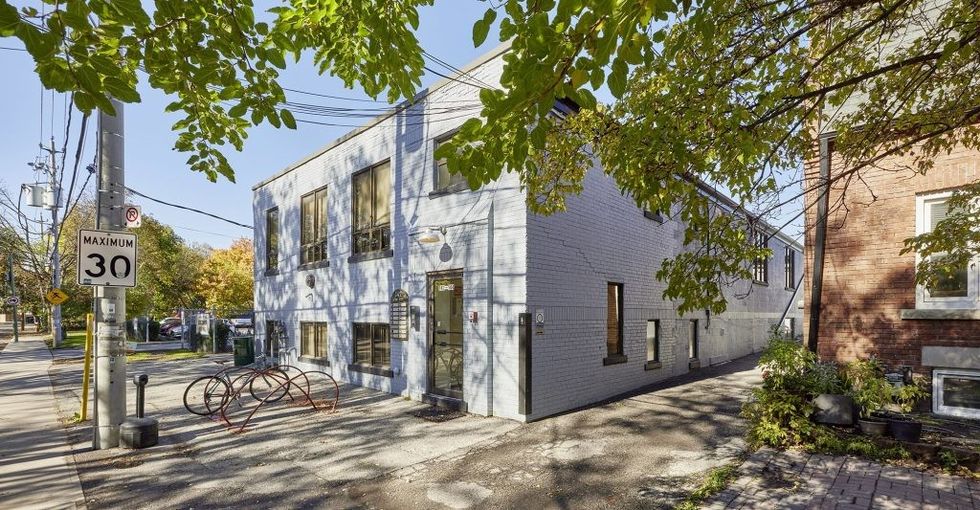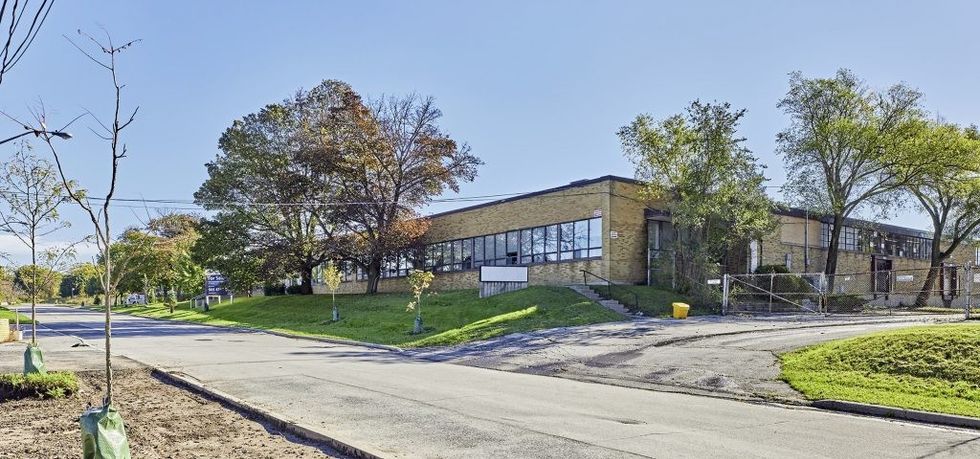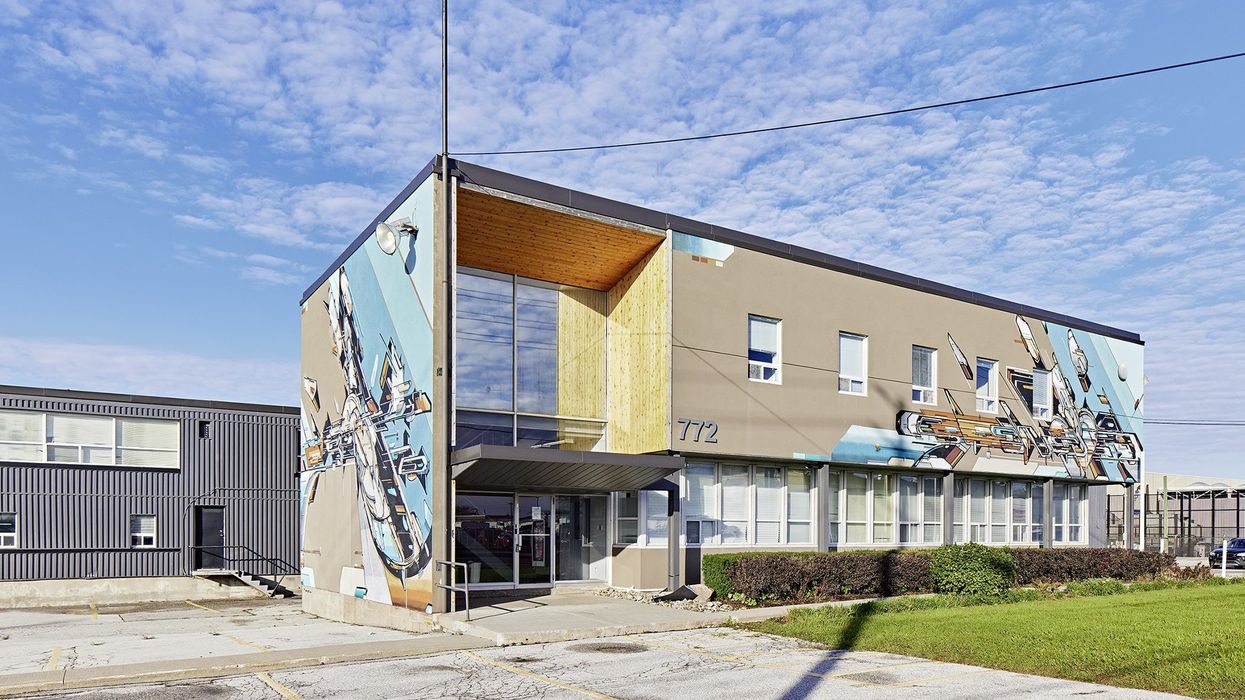Community engagement and eco-consciousness are two pillars of a joint venture between LaSalle Canada Property Fund and impact investor TAS that will transform select Toronto-area neighbourhoods into forward-thinking commercial hubs.
Through their Community Hub Portfolio venture, the partners have acquired disused assets that will be redeveloped into infill urban warehouses and offices for businesses that help advance multifarious goals predicated upon sustainability, community enrichment, and engagement.
The three sites, 142 Vine Ave. 55 Milne Ave., and 772 Warden Ave., are spread across Toronto’s The Junction neighbourhood and Scarborough, including the Golden Mile, and because TAS and LaSalle forwent traditional bidding to acquire them, they were forced to make quick approximations about the buildings’ potential uses and whether or not they would satisfy high-level concepts and community engagement.

“We’re in the first inning of the ball game, and on the engagement side we want to see what the neighbourhood sees in these assets and how we can help add their ideas for potential programming,” Khan Tran, Chief Investment Officer at TAS, said. “It will very much be a dialogue; we have what we think is a good concept but we don’t try to pretend like we know what we don’t, so we want to bring in the neighbourhood’s input.
“The starting point for each of these projects will be sustainability and the genesis of the project is environmental impact -- we’re exploring things like retrofits from an energy standpoint, possibly geothermal, and talking about how to reach zero carbon within the context of distribution properties.”
TAS, which describes itself as “an unconventional impact company that promotes connected neighbourhoods and caring, committed communities,” had been in discussions to collaborate with LaSalle for the last few years, and Tran says these three properties will include, among other things, last-mile distribution and explore concepts pertaining to the future of work in office spaces and how to deliver community amenities.

“From last year to now, we put together a strategy paper, found and sourced assets in the market, raised capital from both sides, and round-tripped a strategy within a 12-month period. With LaSalle, one thing we appreciate is their alignment, not just with value creation financially, but a premise of combining that with a community element that adds to the overall richness of a property, and not just a single-minded focus on financial returns but also the financial and social multi-pronged returns,” Tran said.
Start-ups in Toronto usually struggle with the city’s high commercial rents, but Tran says the Community Hub Portfolio will address that. Instead of granting tenancy to the highest bidders, TAS and LaSalle will weigh the value added to the surrounding communities, including affordability and fostering localized hubs of creativity through a variety of commercial enterprises across the service, production, logistics, small business, social and not-for-profit sectors.
The Golden Mile location will be an 80,000 sq. ft. facility with tentative occupancy slated for some time in the next six to 12 months, while The Junction property is smaller at 20,000 sq. ft. but is nevertheless two or three years away from occupancy because an additional storey will be added.
The “green building” on Milne Ave. -- it will be carbon-neutral and zero-waste -- at 130,000 sq. ft. of industrial-zoned space, will house eight to 12 “like-minded” tenants, Tran says, including small businesses, social enterprises, and for-profit businesses to create a neighbourhood cluster.
TAS and LaSalle intend to hold onto the properties long-term, and because they were cognizant of keeping costs down during the acquisition phases, their tenants should be better off.
“If you’re able to buy on the right basis and create a business plan that effectively allows you to deliver a product below replacement costs, that helps provide space that is more affordable,” Tran said. “Culturally, a huge pillar for us is we’re looking out for future generations.”





















